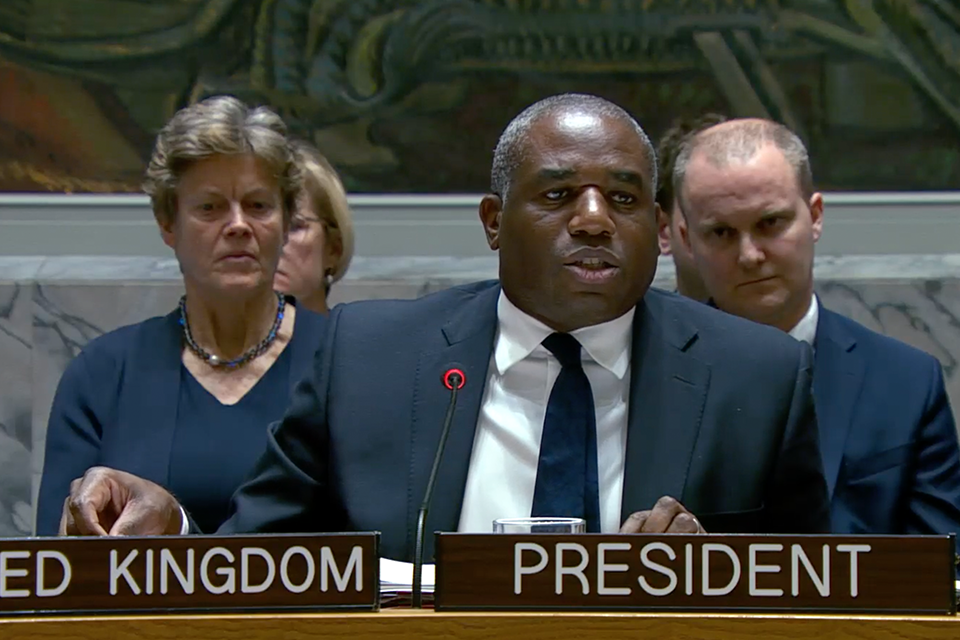The UK’s new migration deal with Tunisia has sparked serious human rights concerns, with multiple organizations warning it could put vulnerable migrants at risk and undermine global asylum protections.
Under the agreement, the UK government has committed up to £5 million for initiatives aimed at preventing irregular migration, such as job training programs in Tunisia to help potential migrants stay in their home country. Additionally, the UK will fund the International Organization for Migration’s Assisted Voluntary Returns and Reintegration program, designed to help migrants without legal status in Tunisia return home.
Foreign Secretary David Lammy defended the deal as a way to tackle the “root causes” of migration, claiming it would reduce the number of people making dangerous crossings to Europe. However, human rights organizations have strongly criticized the deal, arguing that Tunisia’s treatment of migrants and refugees makes it an unsuitable partner in addressing migration issues.
Amnesty International and Human Rights Watch have raised alarms about Tunisia’s record on migrant rights, citing incidents of violence against Sub-Saharan African migrants, arbitrary detention, and a lack of formal asylum procedures. Tunisia has no national asylum system and has been accused of violating international refugee protection standards. These issues have led to fears that the country will not be able to offer safe refuge to migrants and may even facilitate the violation of their rights.
In addition, Tunisia’s maritime border practices have come under scrutiny. Reports indicate that the Tunisian authorities have engaged in dangerous interception tactics, including high-speed maneuvers that risk capsizing migrant boats and physical violence such as beatings and threats with firearms. The Memorandum of Understanding signed between the EU and Tunisia in 2023 also formalized Tunisia’s responsibility for maritime rescues, but critics fear that it could serve more as a migration control tool than a genuine effort to safeguard lives.
The UN also voiced concern after a report revealed that 189 migrants died attempting to cross the Mediterranean in the first half of 2024, many of whom suffered violent treatment at the hands of Tunisian authorities during interception efforts. Human rights groups argue that increased EU support for Tunisia’s border enforcement, including surveillance tools like drones and night-vision equipment, only exacerbates the crisis by enabling more severe control tactics.
As European nations, including the UK, continue to outsource border control to Tunisia, advocates warn that the approach could undermine human rights and risk the lives of those in need of international protection. The deal’s long-term impact on the safety and dignity of migrants remains uncertain, as human rights organizations call for a reevaluation of this partnership.



